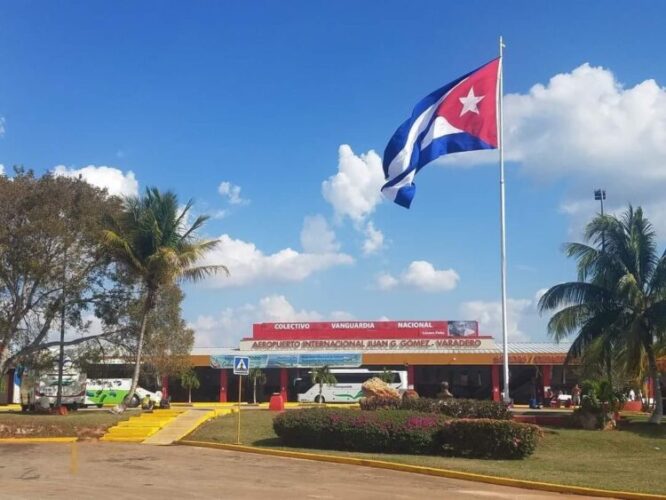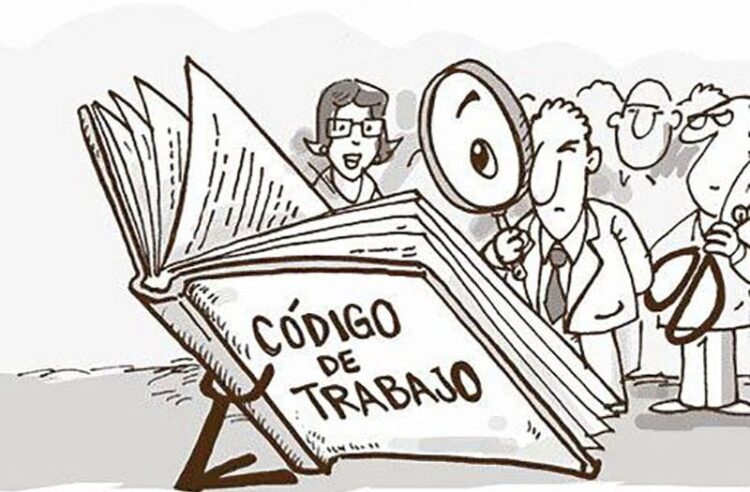![]() Cargando...
Cargando...
The provincial pilot assembly for the consultation of the Draft Law of the new Labor Code in Matanzas will take place at the Juan Gualberto Gómez International Airport. This process, which will be held nationwide, is scheduled from September 8 to November 30.
Vladimir González, head of Labor and Social Affairs for the Cuban Workers’ Central (CTC) in the region, praised the team known as Varadero Airport—a National Vanguard center—for its outstanding economic, union, and social performance. “There’s no better place to start this process,” he affirmed.
He mentioned that over 2,870 meetings will be held for analysis and debate, where both state and private employees will participate in this democratic exercise, considered the most important political process for the labor movement in 2025.

The drafting of the proposed law follows the legislative schedule approved by the National Assembly of People’s Power (ANPP) and is the result of a temporary working group composed of various commissions, ministries, institutions, and mass organizations.
The CTC and unions played a key role in writing Book Three of the law, which focuses on collective labor relations, with contributions from universities, legal experts, and the Cuban Society of Labor Law and Social Security.
According to the published information, the draft can be enriched by input from Cuban workers—both state and non-state—including those working abroad or on international missions.
The proposal is divided into four books: general provisions, individual rights, collective rights, and labor administration.
 It incorporates 12 previously issued regulatory provisions and includes its own regulations within the law.
It incorporates 12 previously issued regulatory provisions and includes its own regulations within the law.
Its drafting considered the principles of the Cuban Constitution, guiding documents of the Party, Cuba’s adherence to international labor standards, and a set of national policies and legal provisions.
The new legal framework aims not only to improve technical aspects but also to introduce substantial changes in principles and concepts related to the world of work.
One of its most important goals is to guarantee equal rights for all workers, regardless of the sector or type of management in which they are employed.
